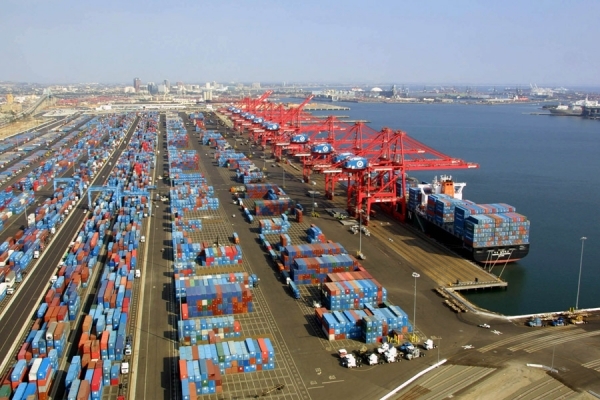Public-private partnerships for the provision of port infrastructure: stakeholder analysis of critical success factors in German, Dutch and Belgian seaports is the new study of Porteconomics member Michael Dooms and PortEconomics associate member Elvira Haezendonc, along with Geoffrey Aerts and Thies Grage that presented during the the annual conference of the International Association of Maritime Economists – IAME 2014, that was held in Norfolk, Virginia, USA.
Worldwide, port infrastructure projects increasingly use forms of public-private cooperation (PPP) in the project finance and the development of large-scale port infrastructure. The study analyses critical success factors (CSFs) for PPP development in Northwestern European ports, based on port stakeholder perceptions. The study investigates which CSFs are important, which definitions of PPP are used in port infrastructure provision, and to what extent different stakeholders have diverging opinions on the importance of these CSFs. The results of the questionnaire, indicate that eight CSFs are of superior importance in port PPP project provision: concrete and precise concession agreement, appropriate risk allocation and risk sharing, project technical feasibility, commitment of partners, attractive financial package and acceptable tariff levels, clear definition of responsibilities, strong private consortium and realistic cost/benefit assessment. The reason is their deal-breaking character, which can lead to a total failure of PPP projects during the early stages of the conception.
You may freely download the paper & presentation @PortEconomics.












